Menu
Hot-Topics
February 19, 2026 | SCOTUS Reaffirms Fourth Amendment Standard for Police Responding to Household Emergencies
Category: Supreme Court Decisions
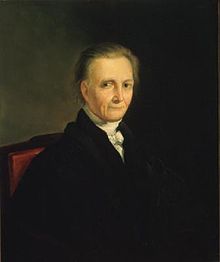
Corfield v. Coryell: The Privileges and Immunities Clause
In Corfield v. Coryell, 6 F. Cas. 546 (1823), Supreme Court Justice Bushrod Washington interprets the Privileges and Immunities Clause of Article 4, Section 2 and articulates a list of fundamental rights guaranteed by the U.S. Constitution. Al...
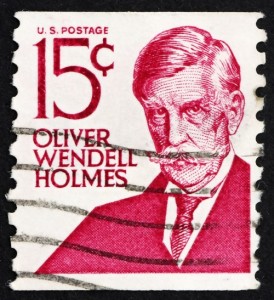
Abrams v. United States: The Dissent that Shaped Free Speech
Justice Oliver Wendell Holmes’ dissent in Abrams v. United States 250 U.S. 616 (1919) is widely regarded as one of the most famous dissents in the history of the U.S. Supreme Court. It sowed the seeds for the modern interpretation of freedom of...

Furman v. Georgia: The Constitutionality of the Death Penalty
In Furman v. Georgia, 408 U.S. 238 (1972), a divided U.S. Supreme Court held that the death penalty could violate the Eighth Amendment’s prohibition on cruel and unusual punishment if not imposed fairly. The decision imposed a brief moratorium ...
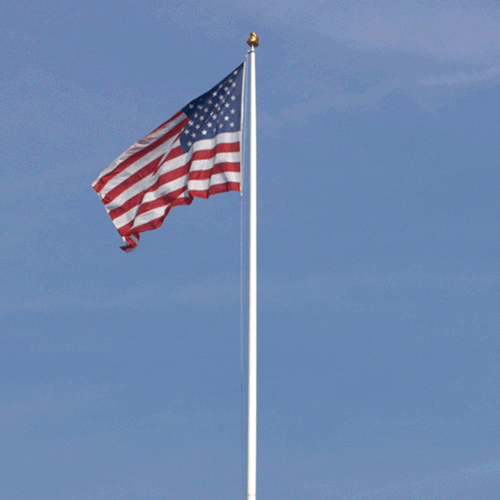
West Virginia State Board of Education v. Barnette
In West Virginia State Board of Education v. Barnette (1943), the U.S. Supreme Court held that requiring public school children to salute the American flag and recite the pledge of allegiance violates the First Amendment. The 6-3 decision was fit...

Michigan v. Environmental Protection Agency: Court Strikes Down EPA Emissions Rule
In Michigan v. Environmental Protection Agency, 576 U.S. (2015), the U.S. Supreme Court struck down an EPA rule regulating the emissions of mercury and other chemicals from electric power plants. By a vote of 5-4, the majority held that the EPA int...
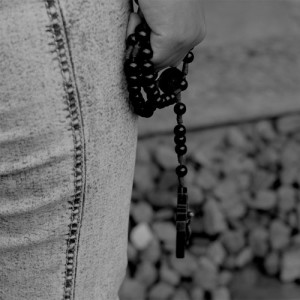
Marsh v. Chambers: The Establishment of Religion
In Marsh v. Chambers, 463 U.S. 783 (1983), the U.S. Supreme Court addressed the Establishment Clause of the First Amendment. By a vote of 6-3, the majority in Marsh v. Chambers held that the Nebraska Legislature's practice of opening each legislat...
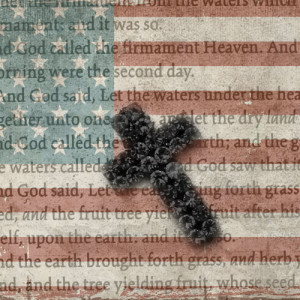
Cantwell v. Connecticut: The Free Exercise of Religion
In Cantwell v. Connecticut, 310 U.S. 296 (1940), the U.S. Supreme Court first applied the First Amendment's Free Exercise Clause to the states. A unanimous Court specifically held that arresting Jehovah’s Witnesses who were proselytizing door-to...

Harris v. Quinn: Public Employees Union and the First Amendment
In Harris v. Quinn, 573 U.S. ___ (2014), the U.S. Supreme Court addressed the circumstances under which workers can be forced to join a union, pay dues and become public employees. By a vote of 5-4, the justices concluded that the First Amendment to...

U.S. v. Carolene Products Company: The Importance of Footnotes
In United States v. Carolene Products Company, 304 U.S. 144 (1938), the U.S. Supreme Court upheld the validity of an economic regulation passed by Congress pursuant to the Commerce Clause. However, the case is more famous for “Footnote Four,” ...
Previous Articles
SCOTUS Decision in Bowe v. United States Is First of the 2026 Term
by DONALD SCARINCI on February 5, 2026
In Bowe v. United States, 607 U.S. ___ (2026), the U.S. Supreme Court held that Title 28 U.S.C. § ...
SCOTUS Rules State Can’t Immunize Parties from Federal Civil Liability
by DONALD SCARINCI on January 29, 2026
In John Doe v. Dynamic Physical Therapy, LLC, 607 U.S. ____ (2025) the U.S. Supreme Court held that...
Supreme Court to Address Racial Discrimination in Jury Selection
by DONALD SCARINCI onWhile the U.S. Supreme Court has concluded oral arguments for the year, it continues to add cases t...
The Amendments
-
Amendment1
- Establishment ClauseFree Exercise Clause
- Freedom of Speech
- Freedoms of Press
- Freedom of Assembly, and Petitition
-
Amendment2
- The Right to Bear Arms
-
Amendment4
- Unreasonable Searches and Seizures
-
Amendment5
- Due Process
- Eminent Domain
- Rights of Criminal Defendants
Preamble to the Bill of Rights
Congress of the United States begun and held at the City of New-York, on Wednesday the fourth of March, one thousand seven hundred and eighty nine.
THE Conventions of a number of the States, having at the time of their adopting the Constitution, expressed a desire, in order to prevent misconstruction or abuse of its powers, that further declaratory and restrictive clauses should be added: And as extending the ground of public confidence in the Government, will best ensure the beneficent ends of its institution.
Awards





